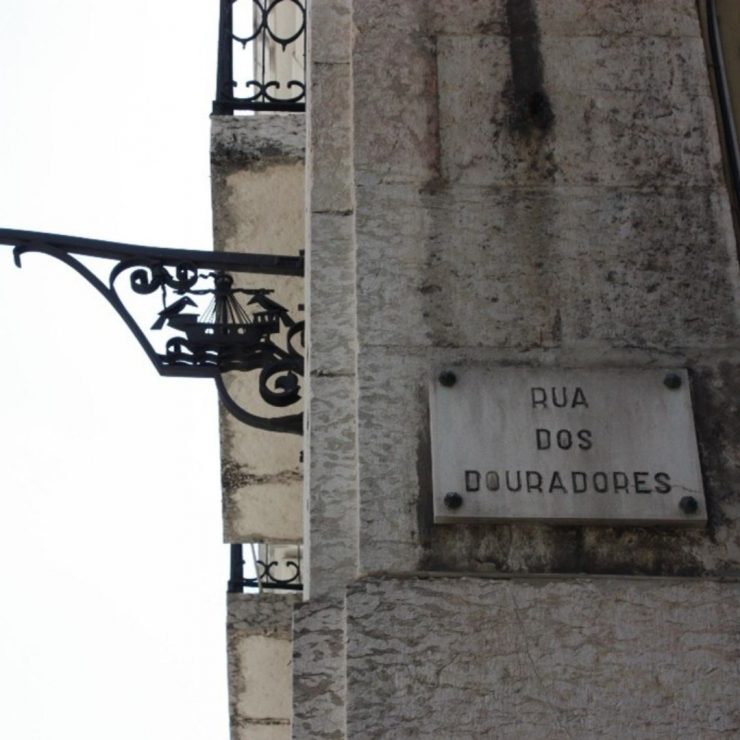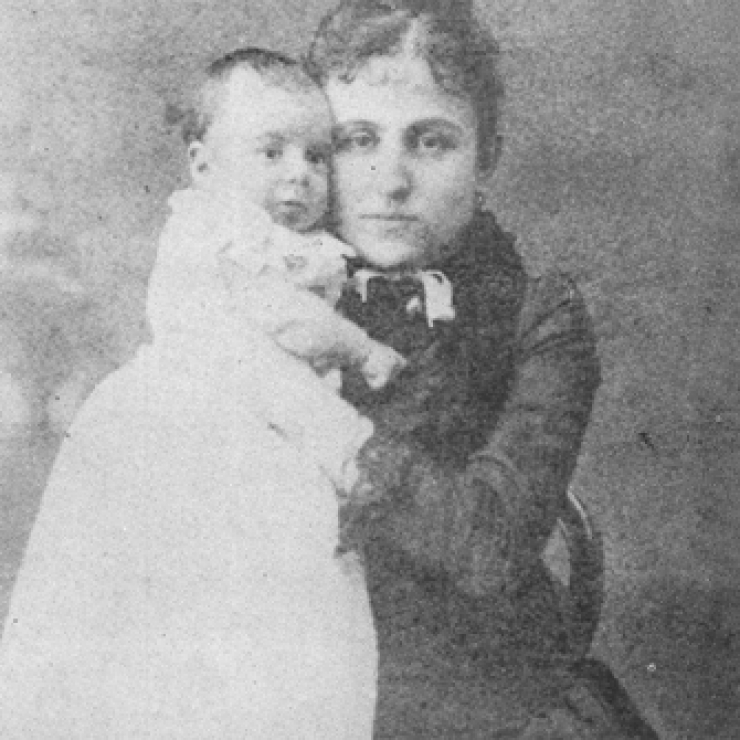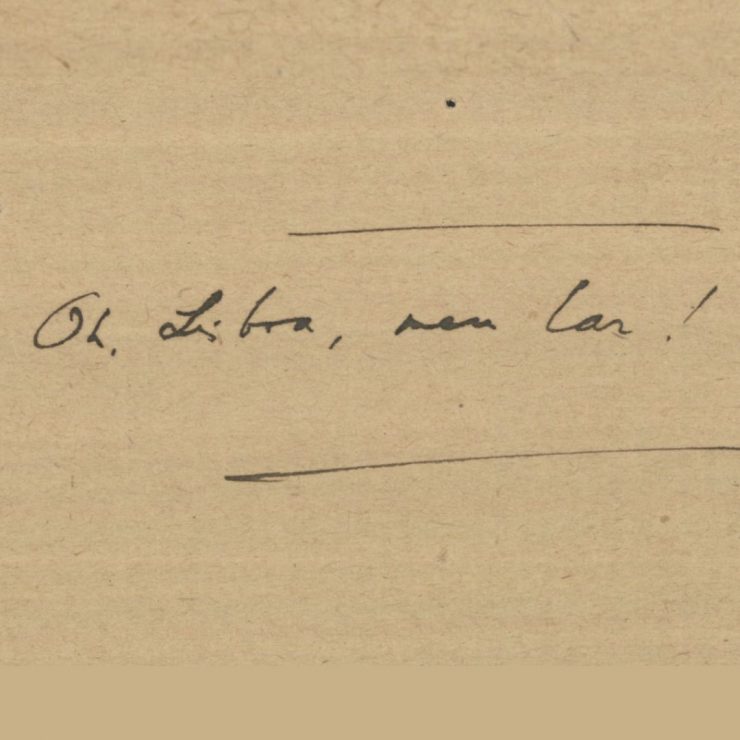Pessoa left his mark as an extremely original writer for inventing fictitious authors – heteronyms – who “wrote” parts of his work. Each one “had” a personality, a biography, a physionomy, a character, a defined literary style, unlike the others and even Pessoa, the “orthonym,” that is, himself. The main “imaginary friends” of Pessoa were the poets Alberto Caeiro, Ricardo Reis, and Álvaro de Campos:
Alberto Caeiro
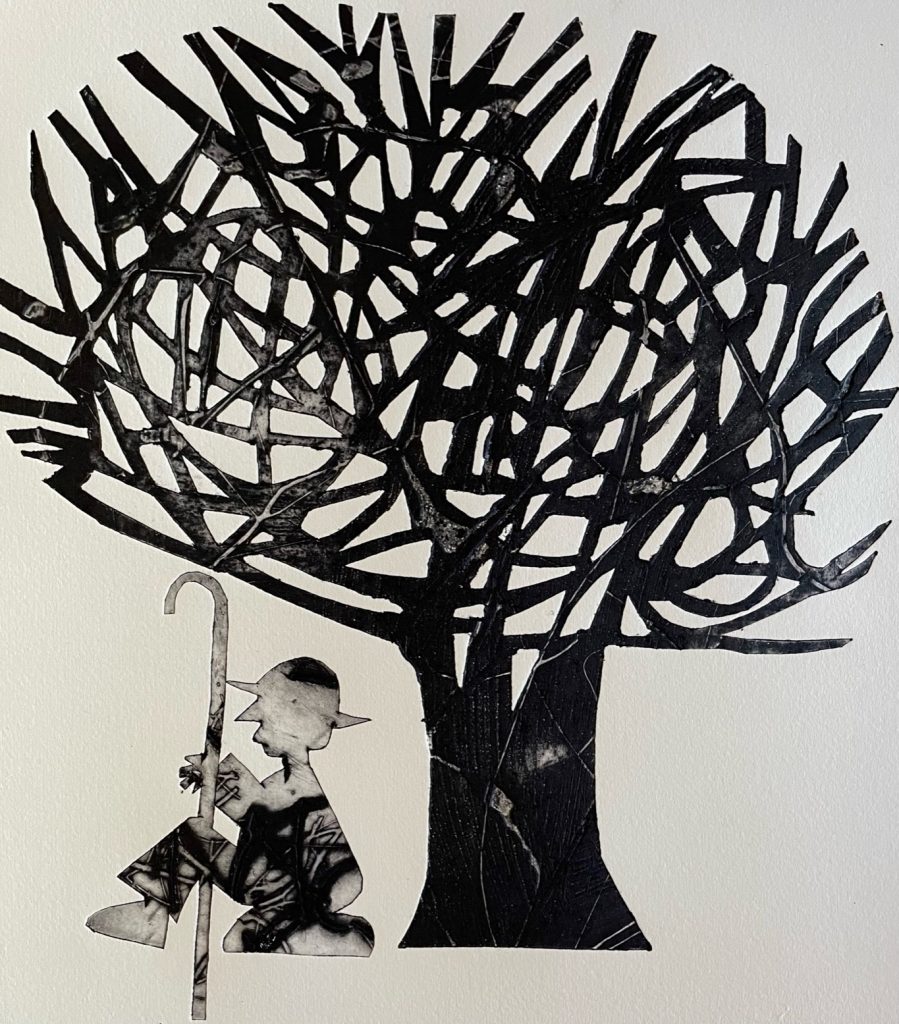
Alberto Caeiro, one of the alter egos of the poet Fernando Pessoa
(Engraving by Manuela Crespo)
Caeiro, the pastoral and (anti)philosophical poet, was the “master” of heteronyms;
Drawings and engravings in the rooms on the 3rd floor dedicated to Alberto Caeiro
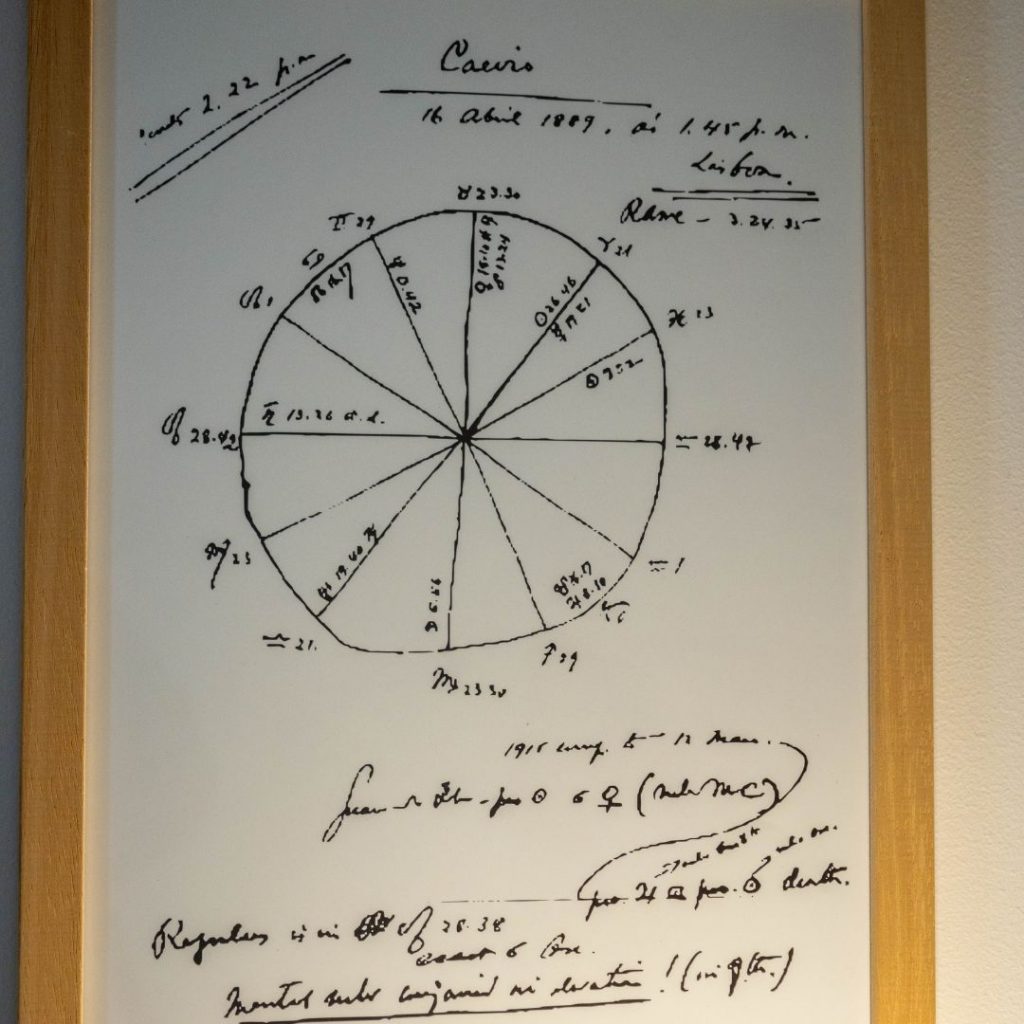



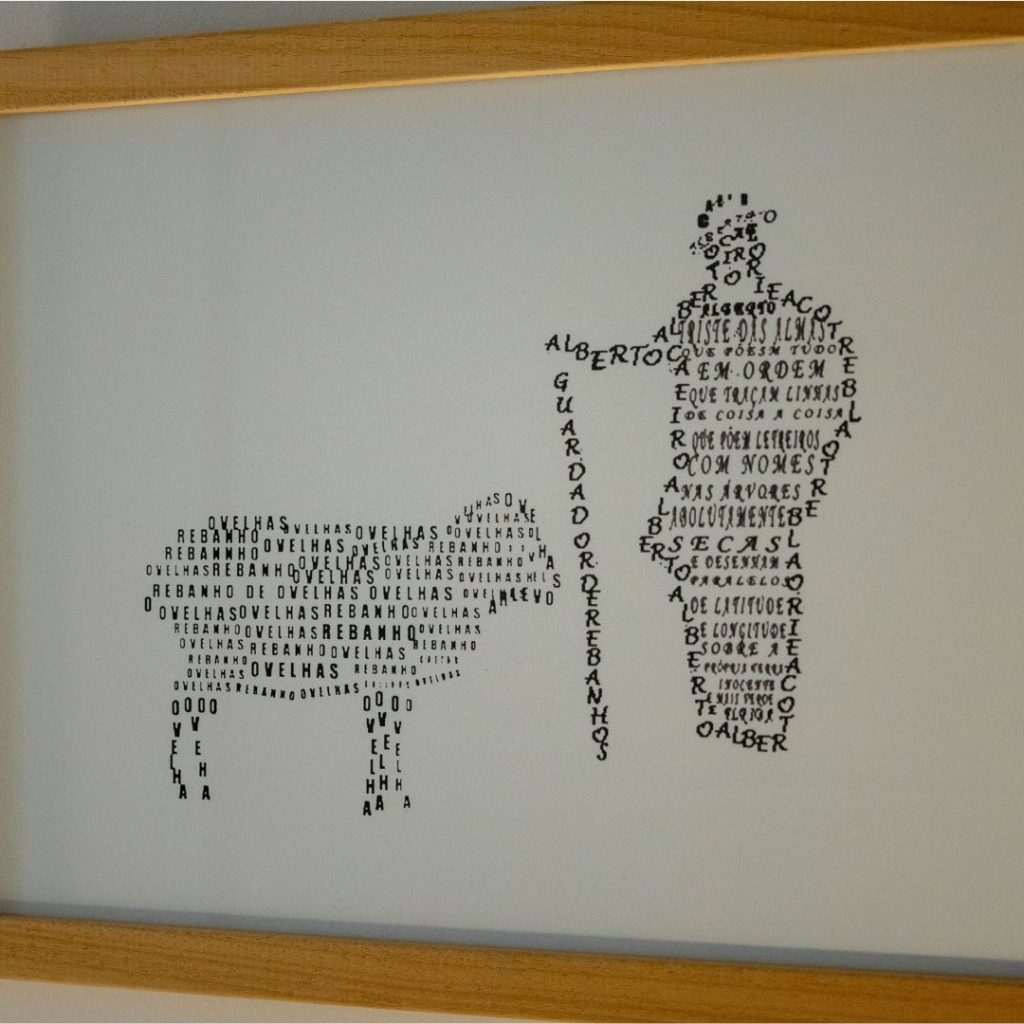
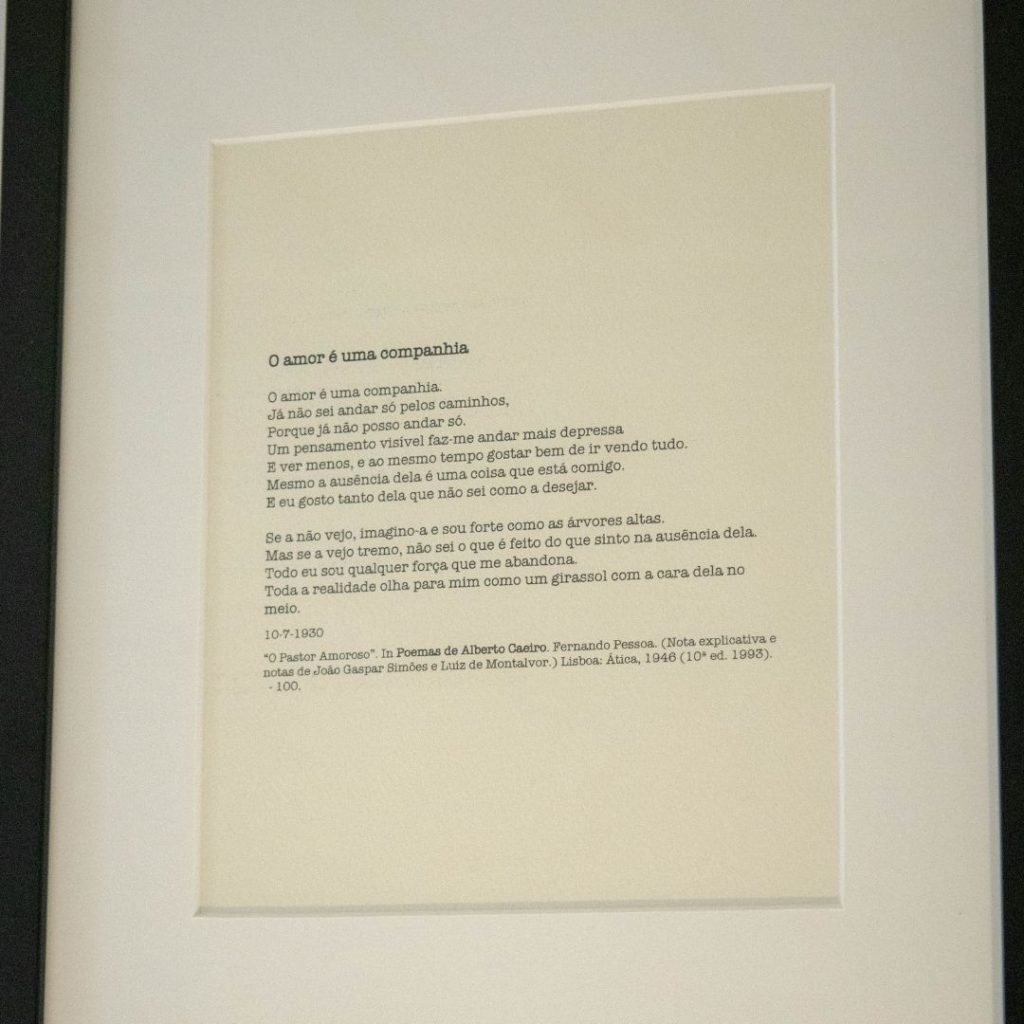


Ricardo Reis
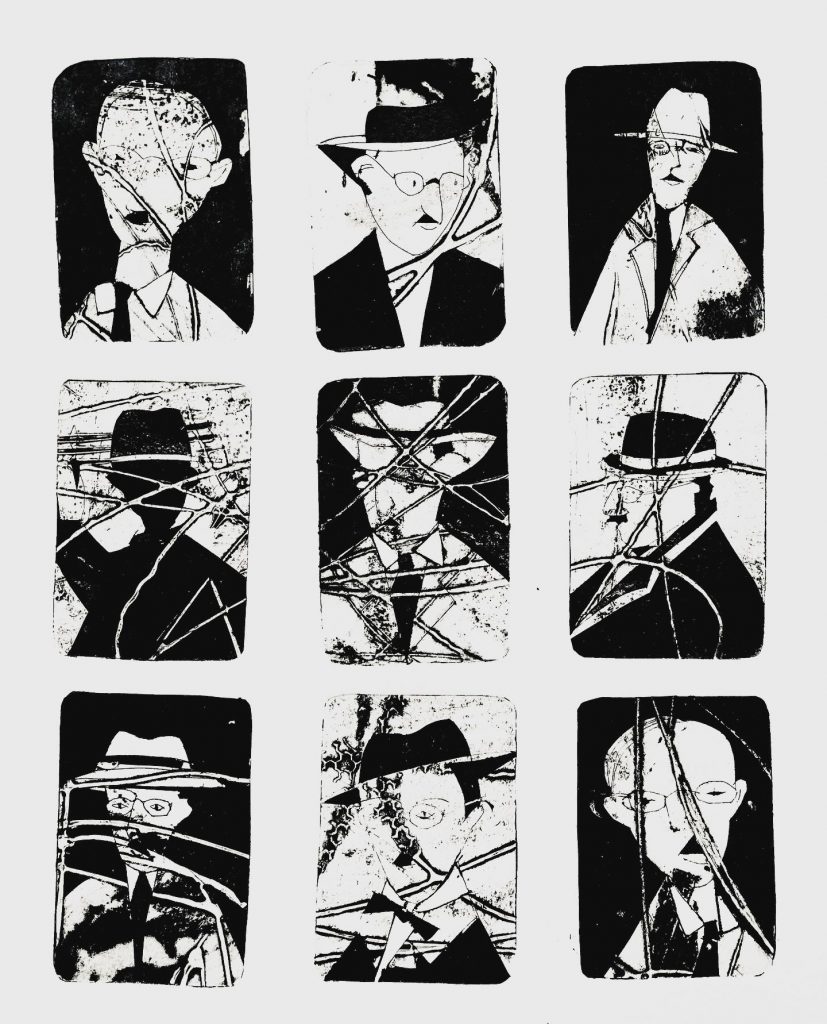
Ricardo Reis, one of the alter egos of the poet Fernando Pessoa
(Engraving by Manuela Crespo)
Reis, was the neoclassical singer of a new paganism;
Drawings and engravings in the rooms on the 4th floor dedicated to Ricardo Reis
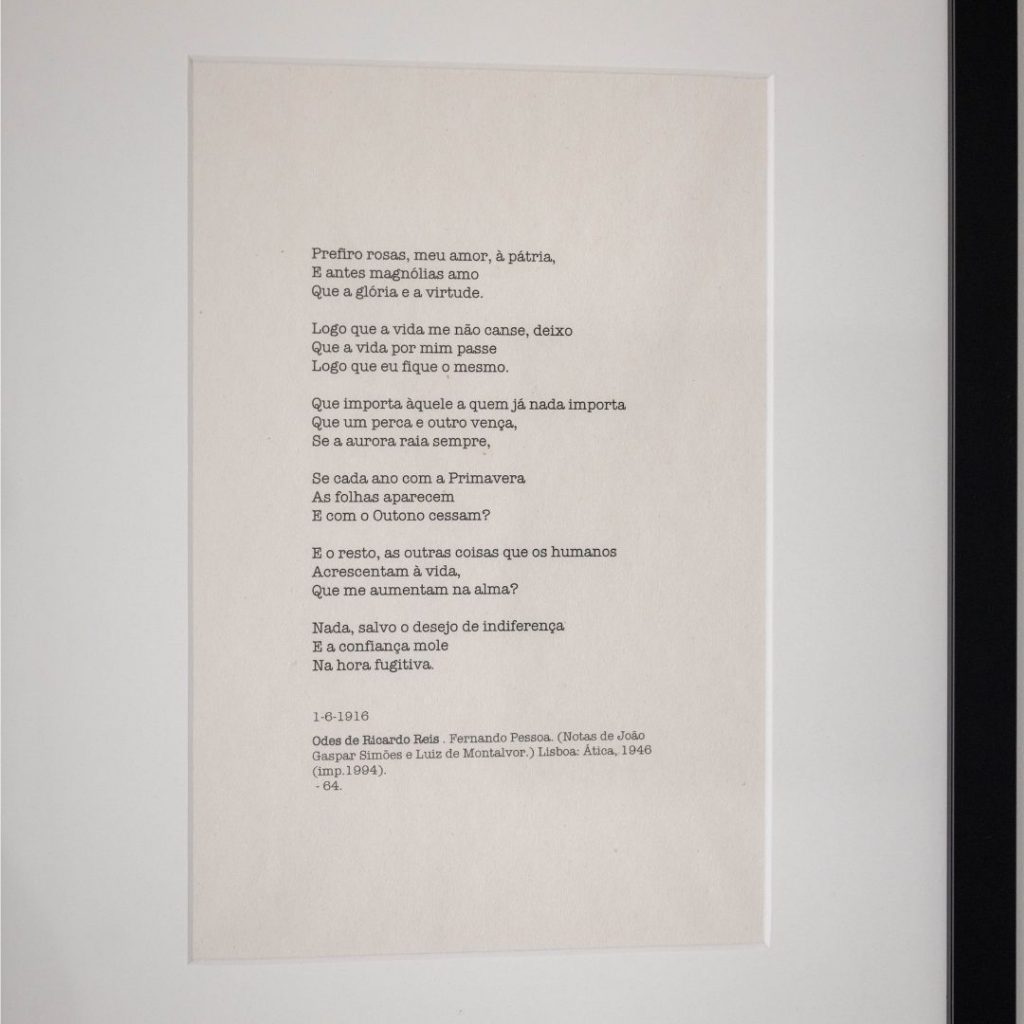
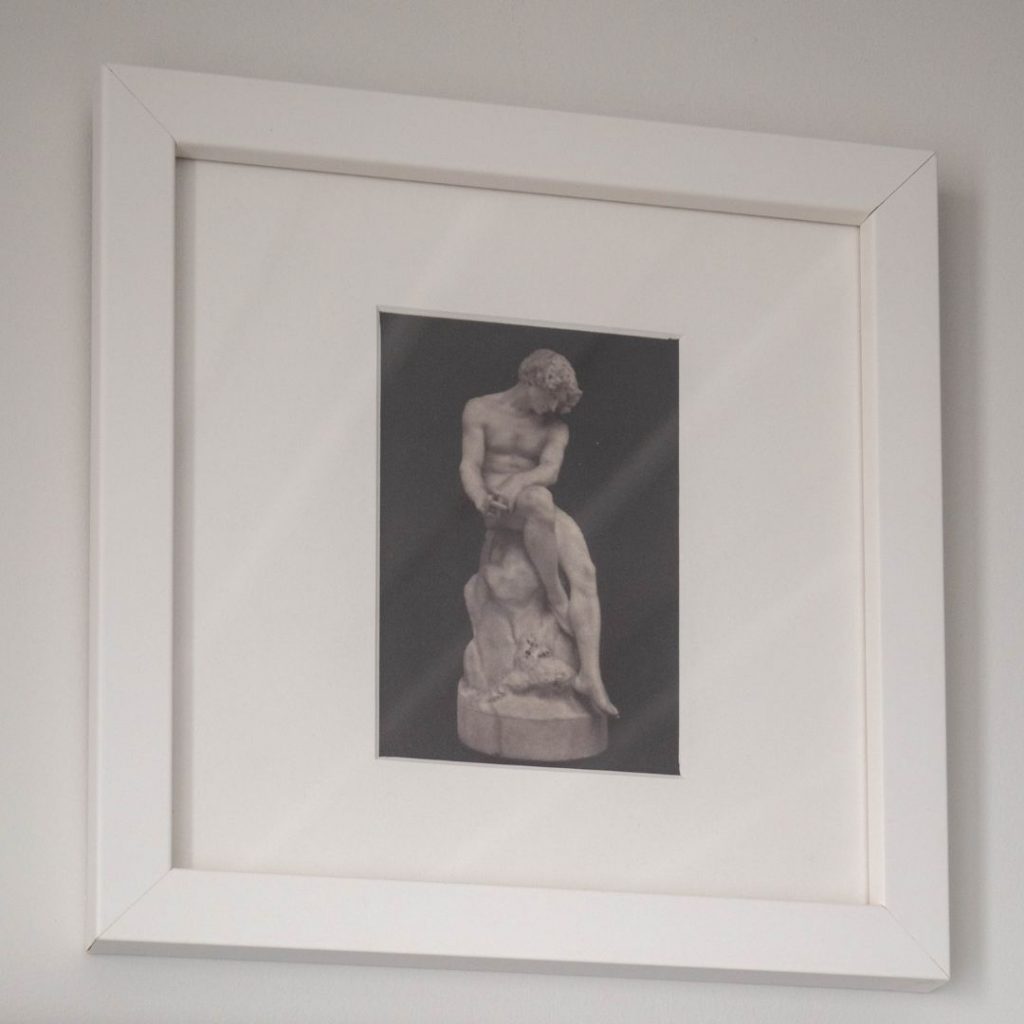
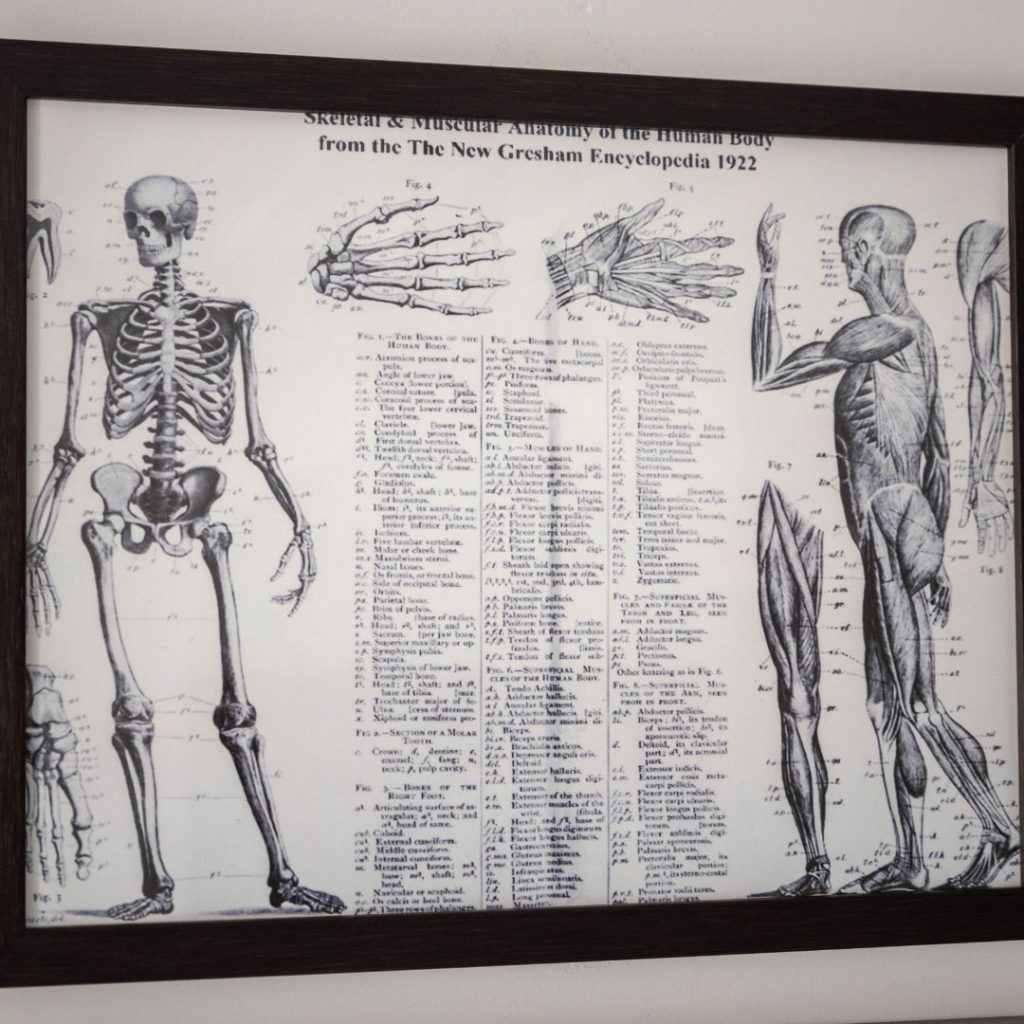
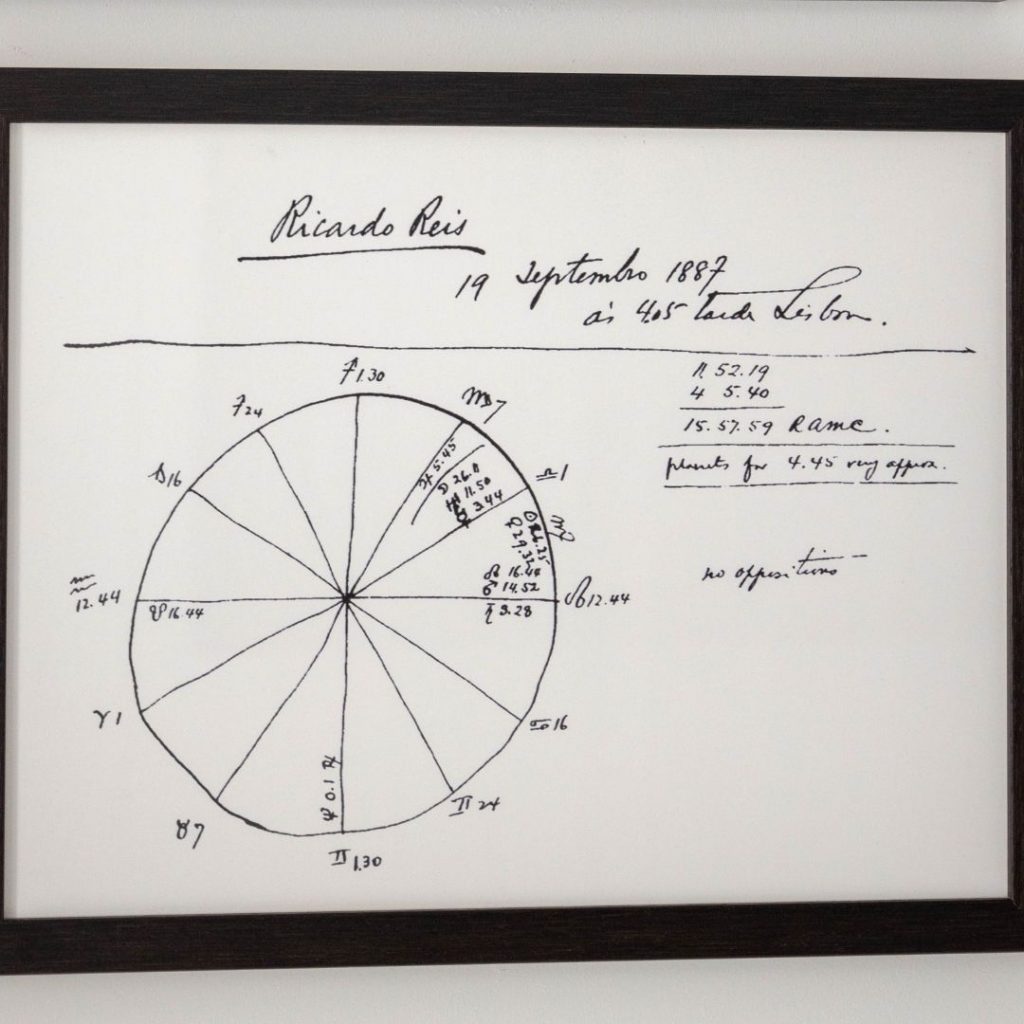
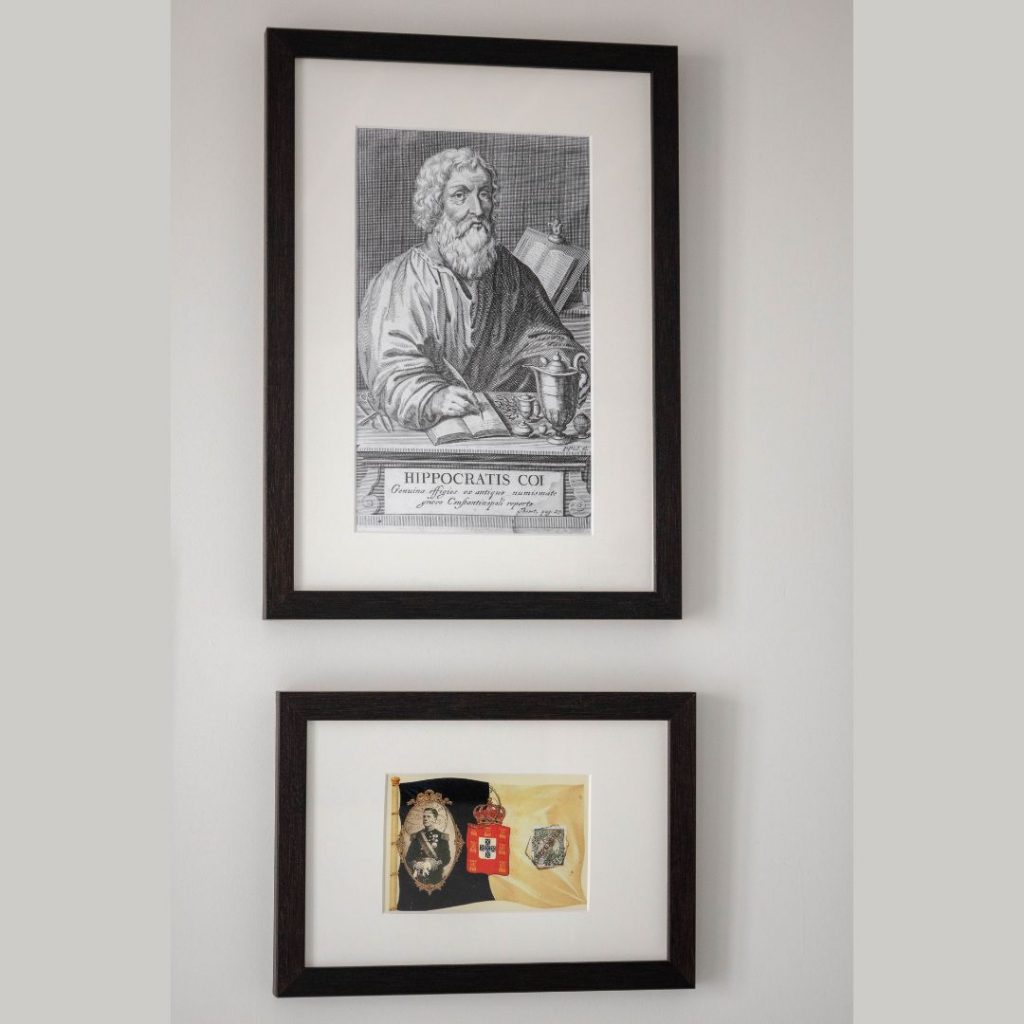
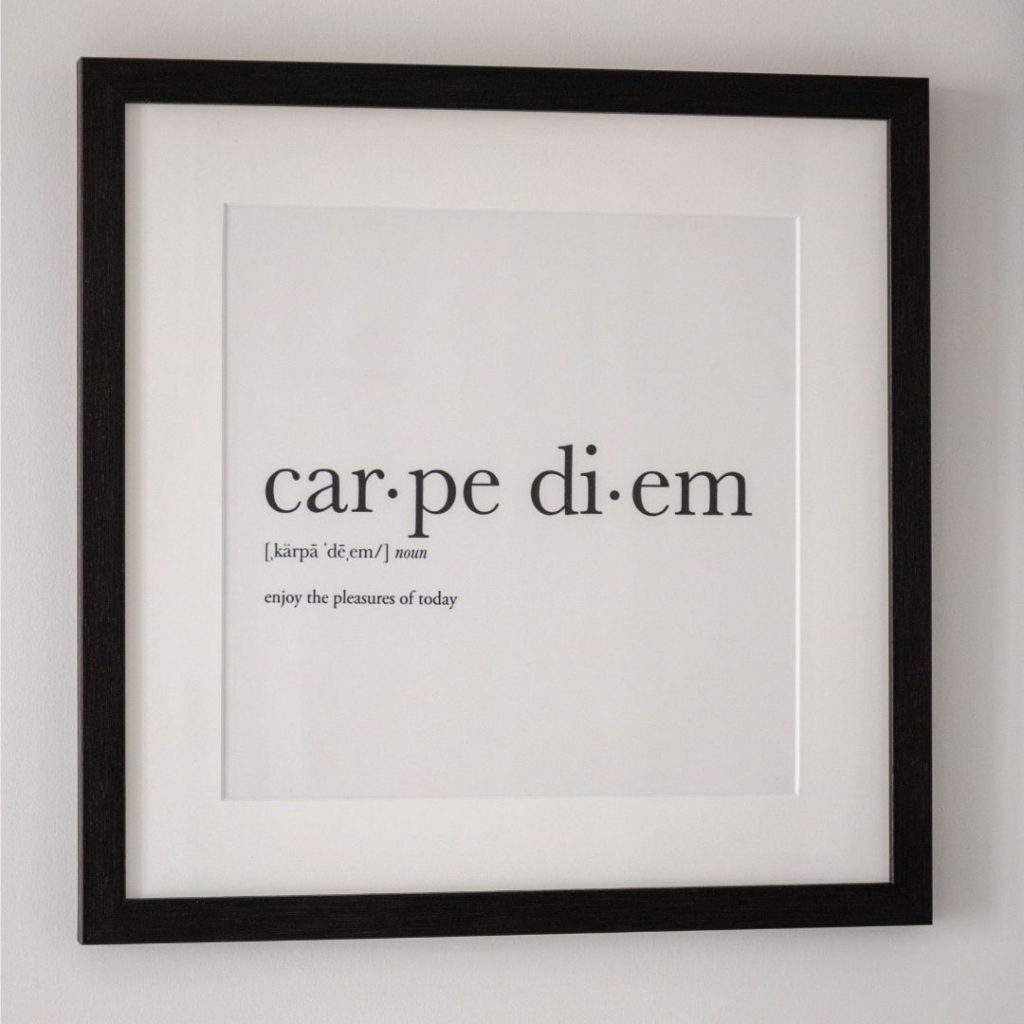
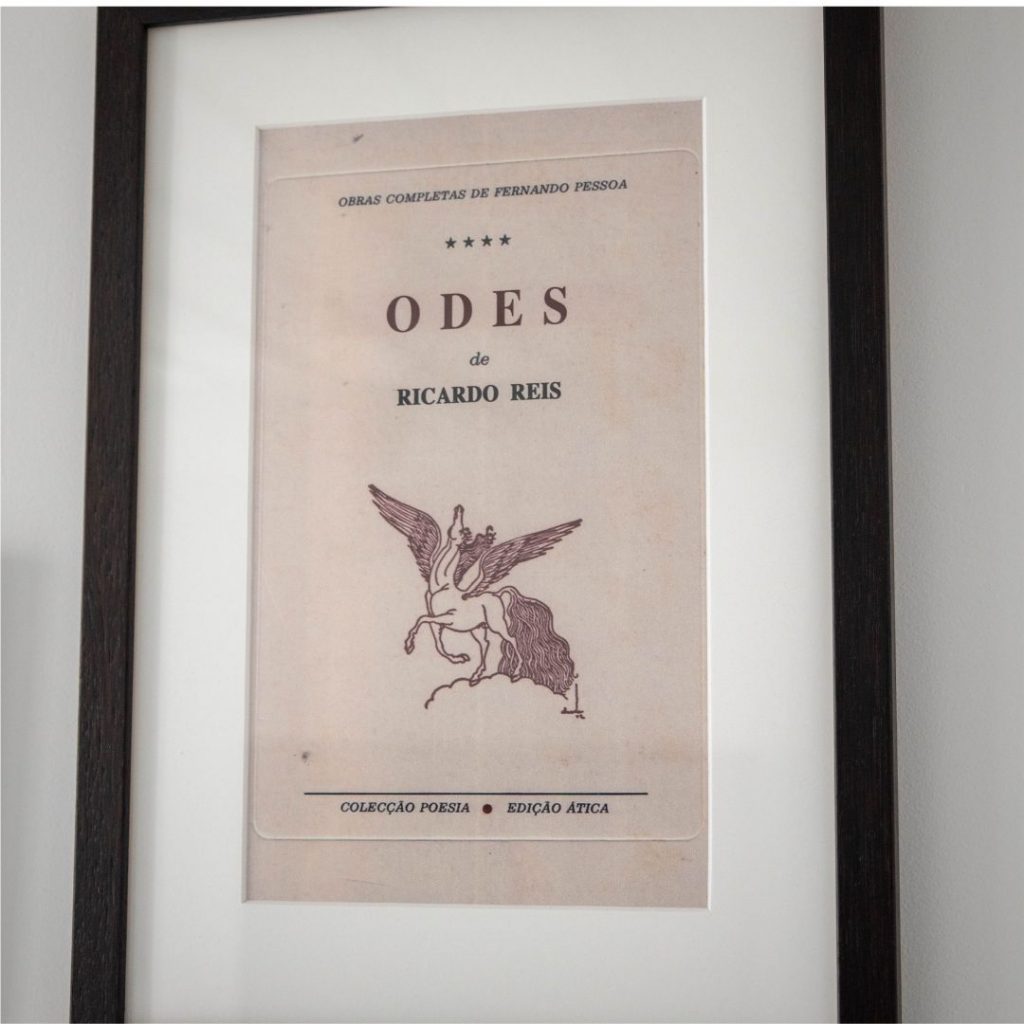

Álvaro de Campos
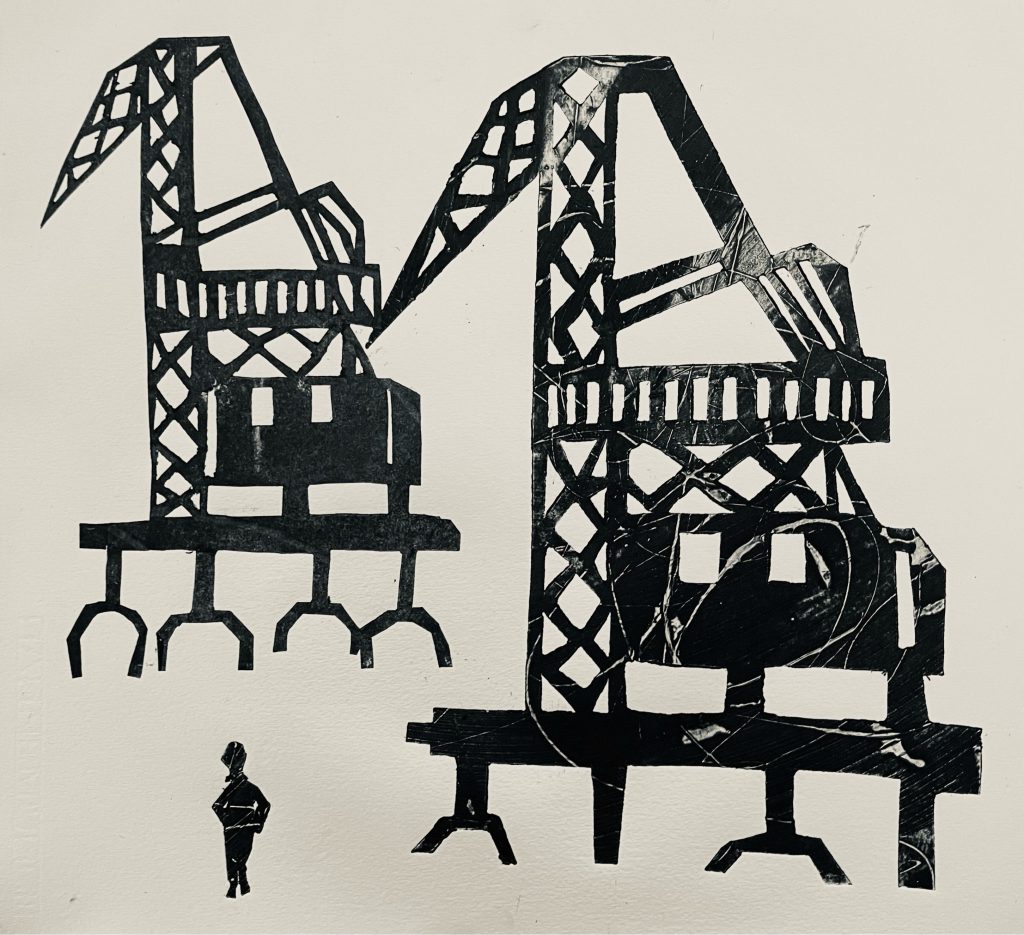
Álvaro de Campos, one of the alter egos of the poet Fernando Pessoa
(Engraving by Manuela Crespo)
Campos, was the exuberant modernist who “felt everything in every way.”
Bernardo Soares deserves special attention, author of The Book of Disquiet, an intimate diary composed of dreams and reflections.
Drawings and engravings in the rooms on the 1st and 0 floor dedicated to Álvaro de Campos
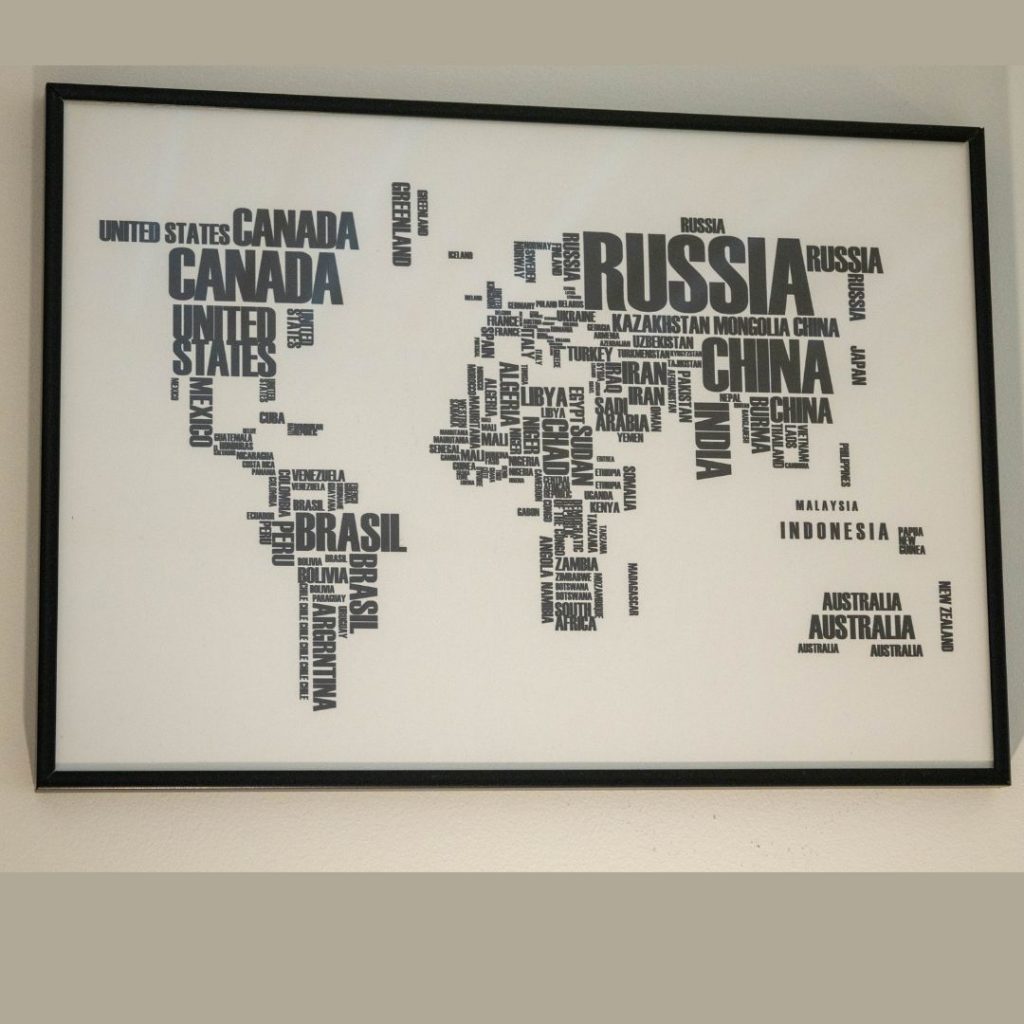
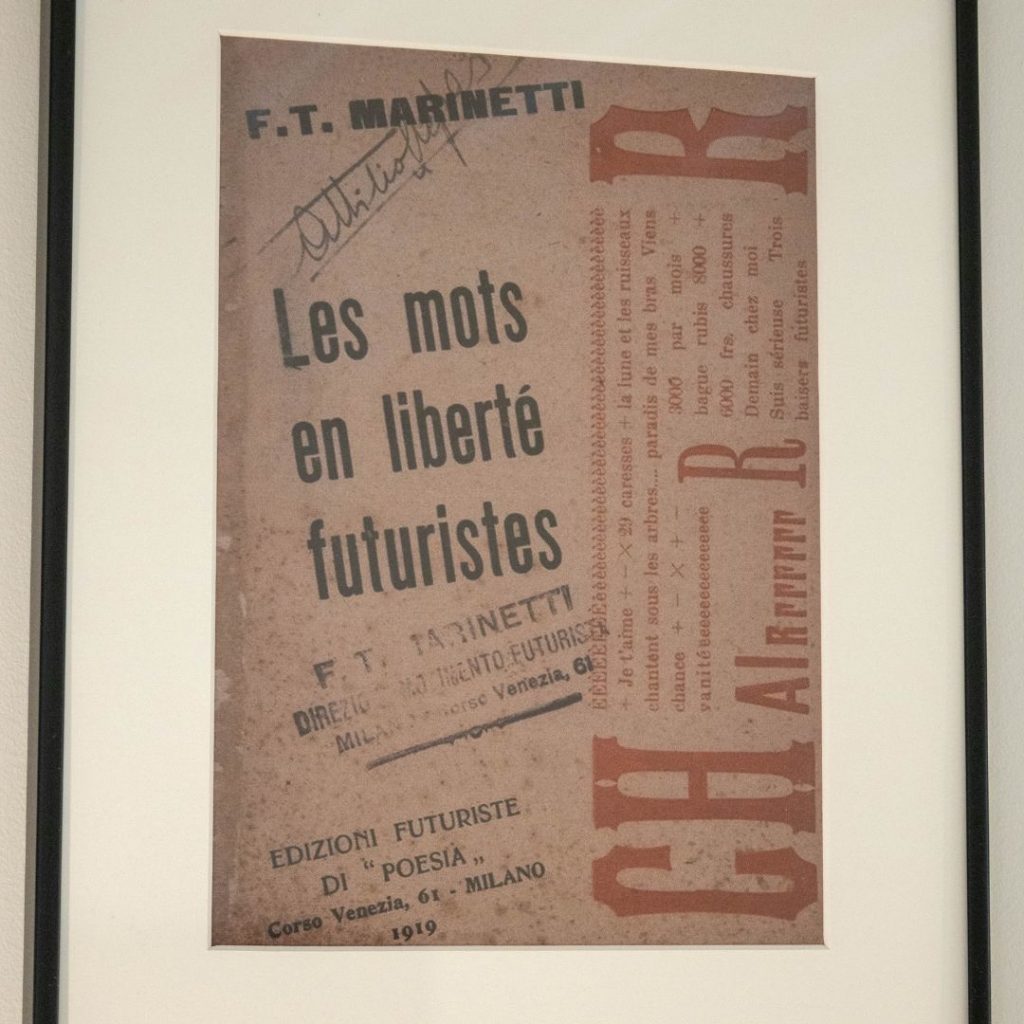

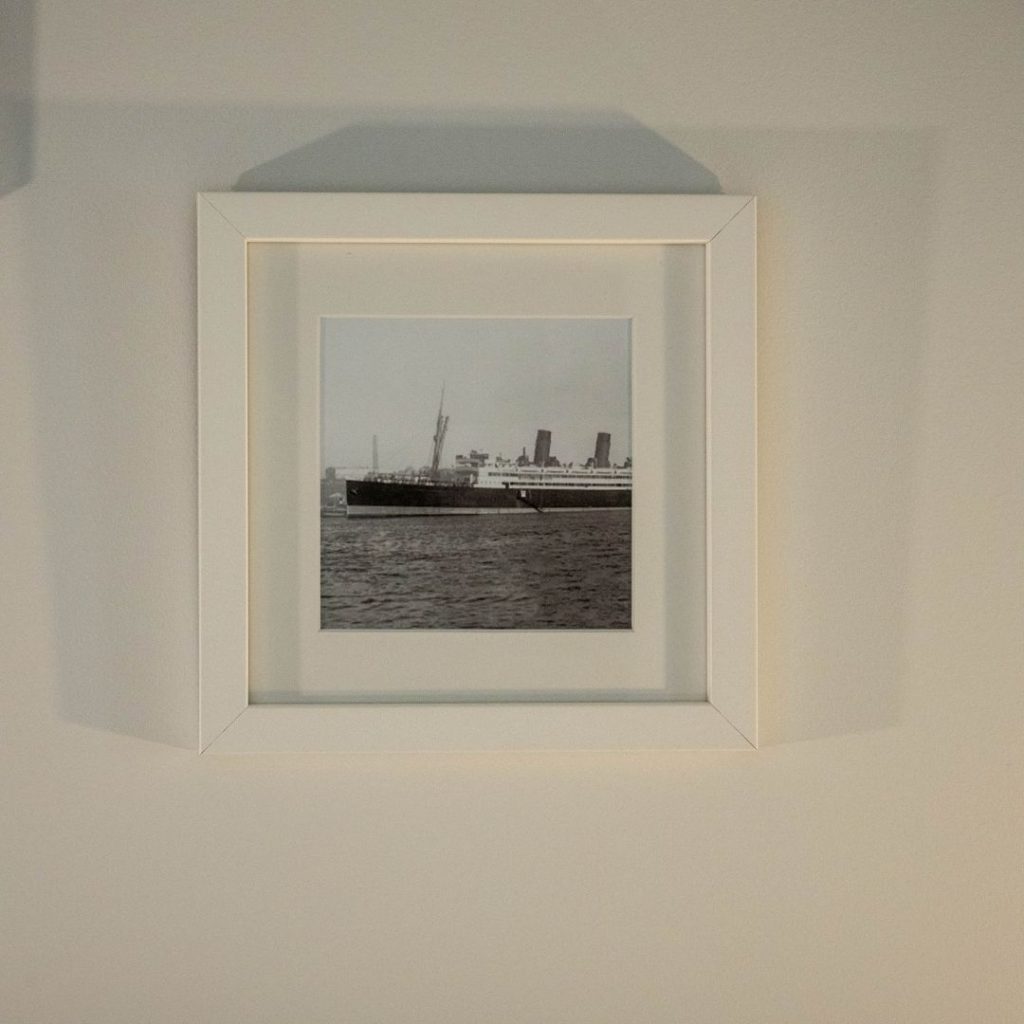
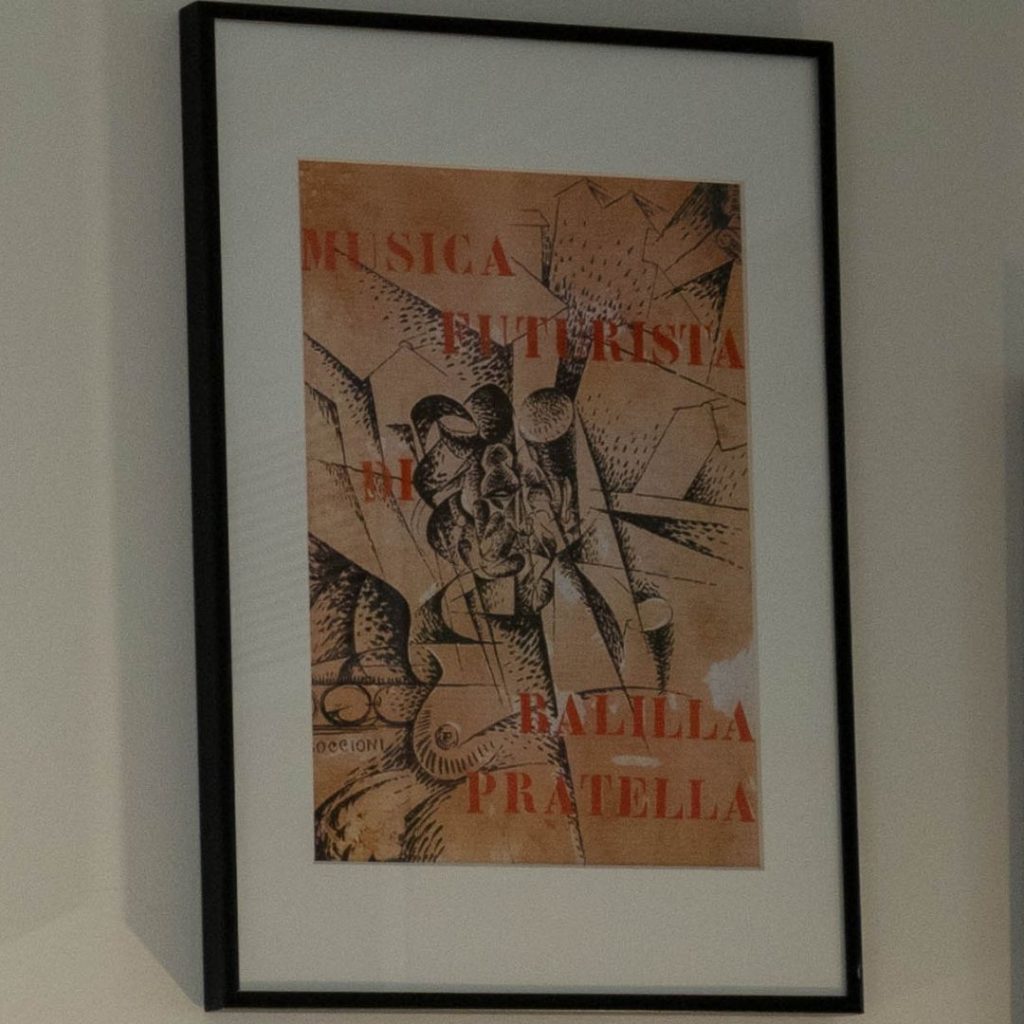
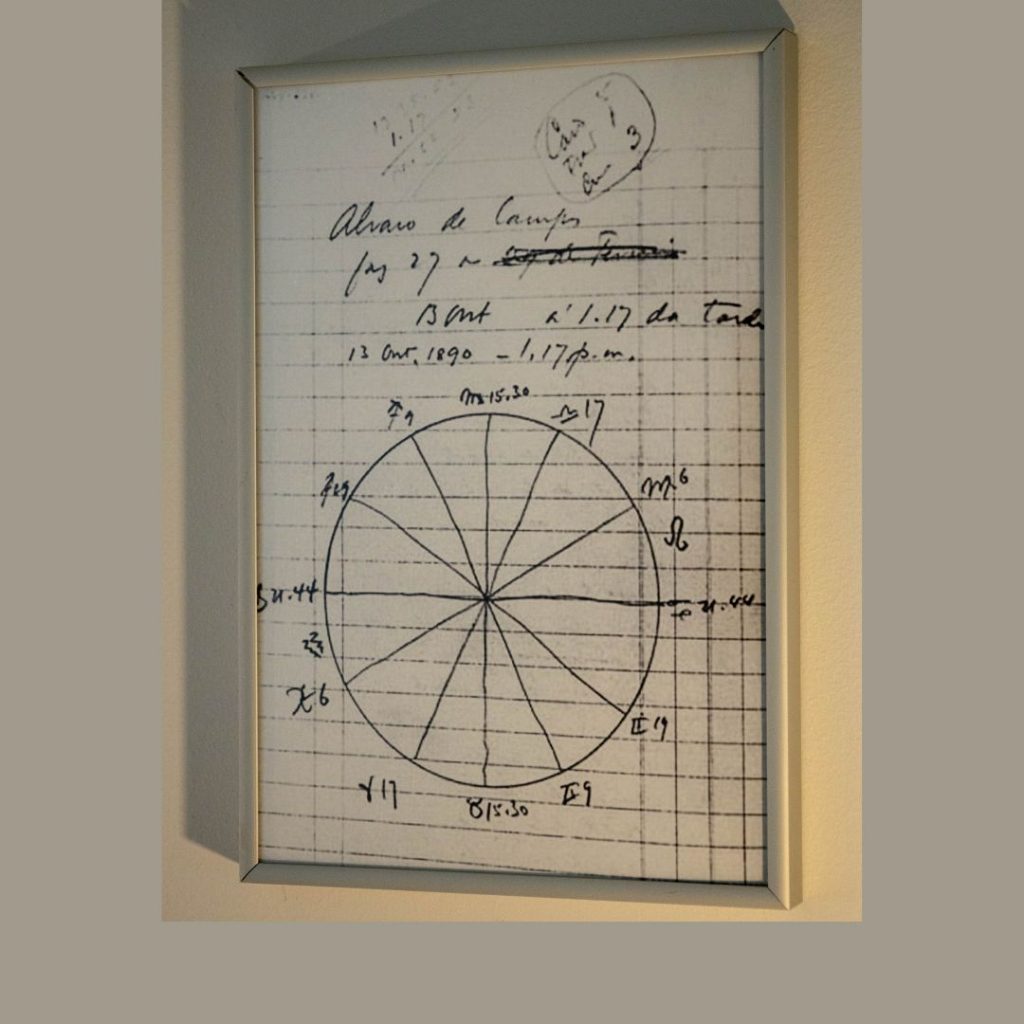
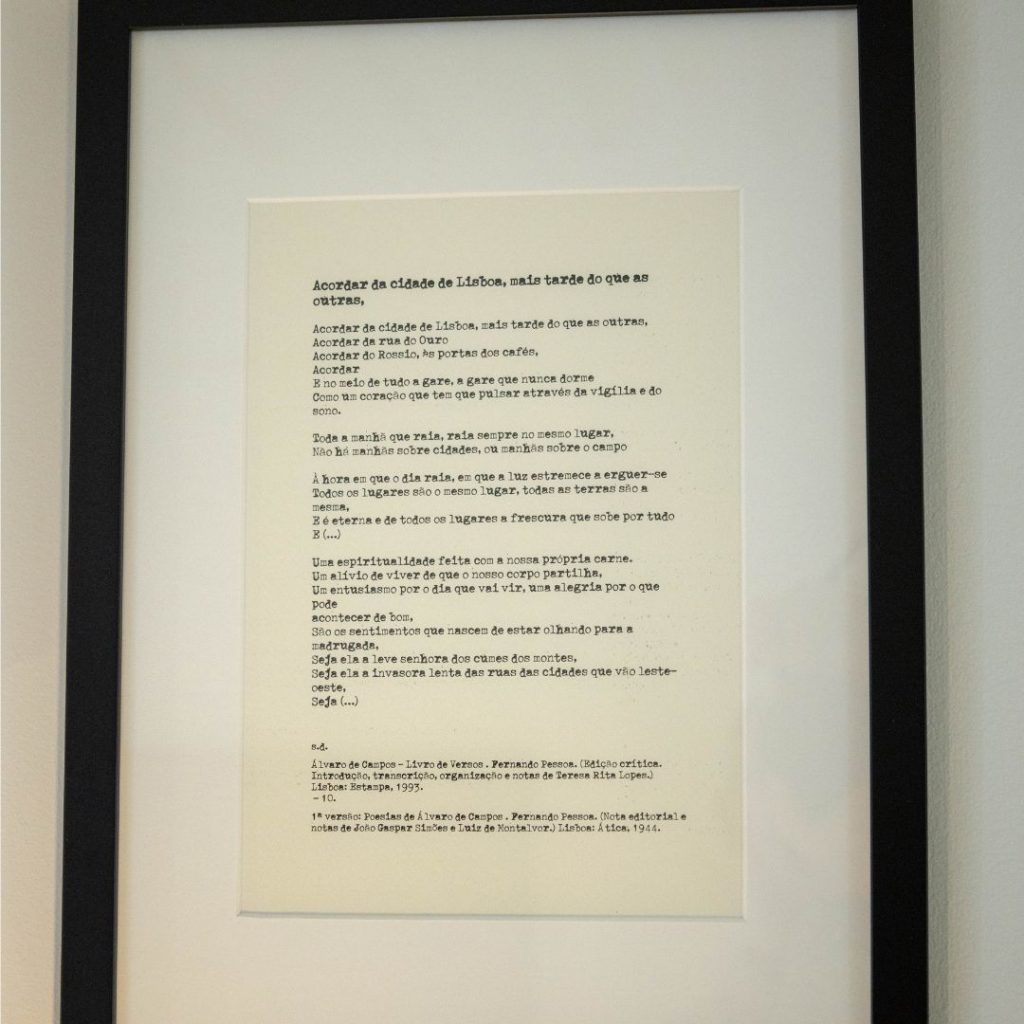
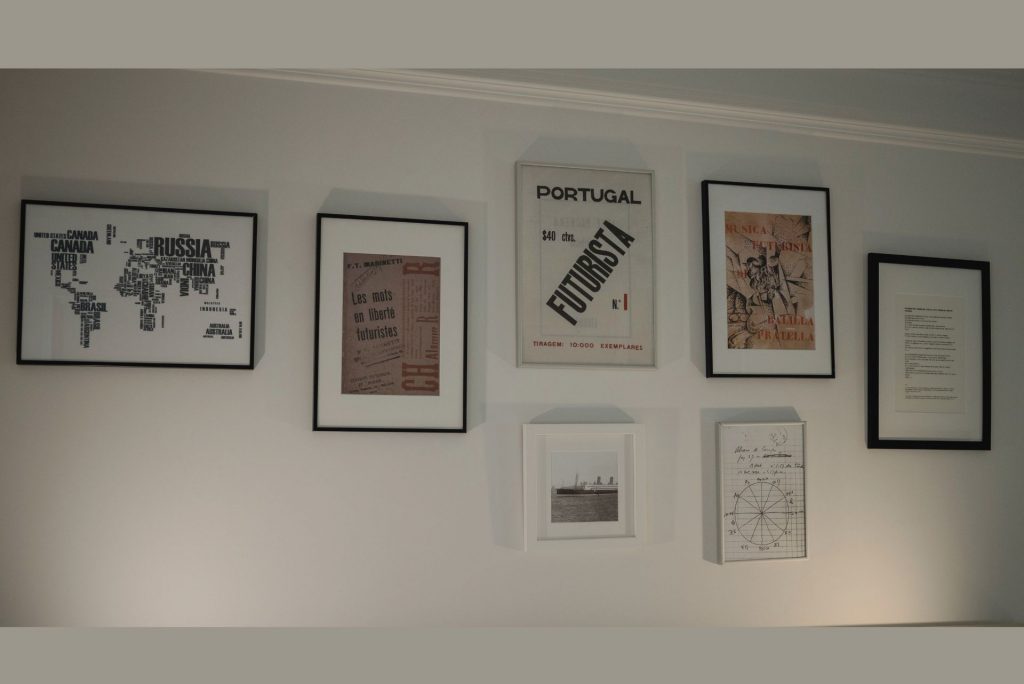
Fernando Pessoa
And Pessoa – the orthonym?
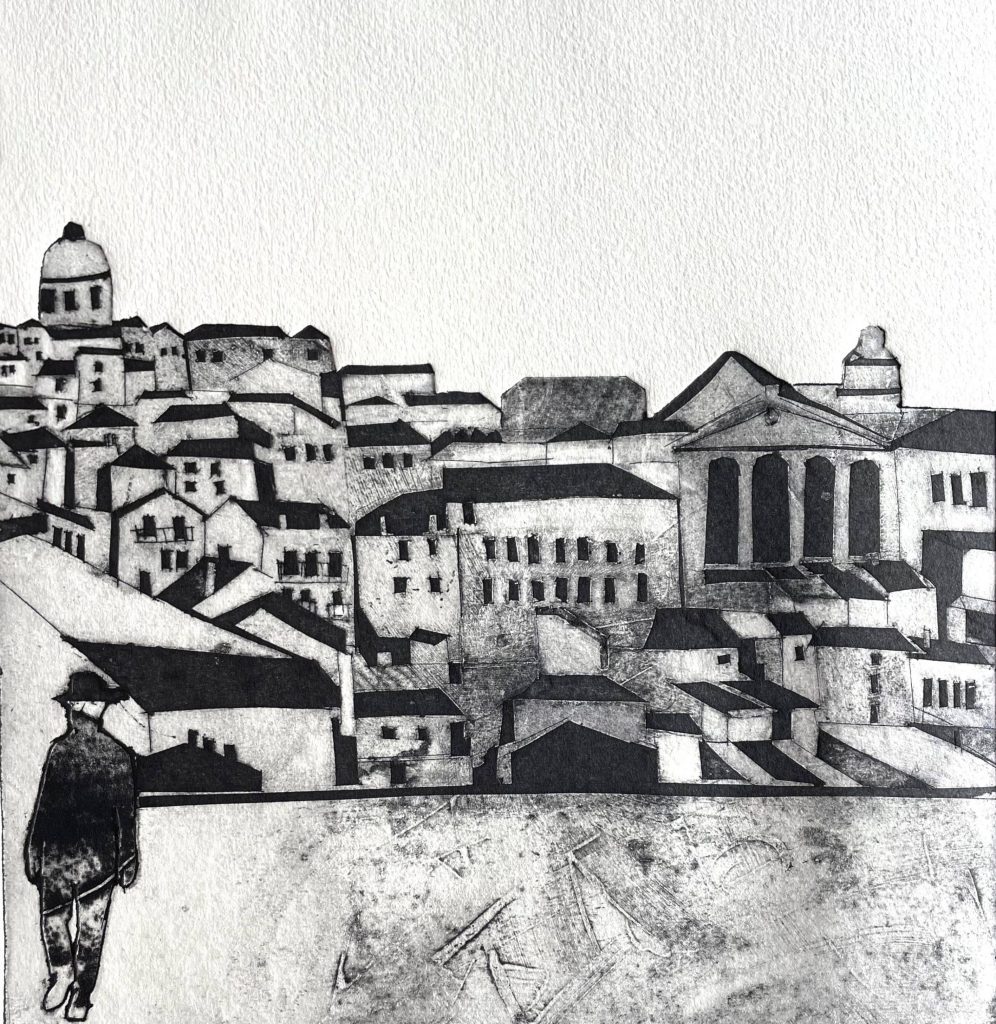
Fernando Pessoa, Poet born in Lisbon (1888-1935)
(Engraving by Manuela Crespo)
He was not only the demiurge who invented this imaginary coterie; he also played a relevant role. He was also the poet who wrote Message, the only book in Portuguese published in life, a set of poems dedicated to Portugal’s heroes and myths in a universalist projection that sees a future of tremendous culture for Portugal and for humanity. We are the future: Readers of the texts that he kept in a legendary case – Pessoa’s assets – full of papers, many of which have yet to be published.
Drawings and engravings in the rooms on the 2nd floor dedicated to Fernando Pessoa
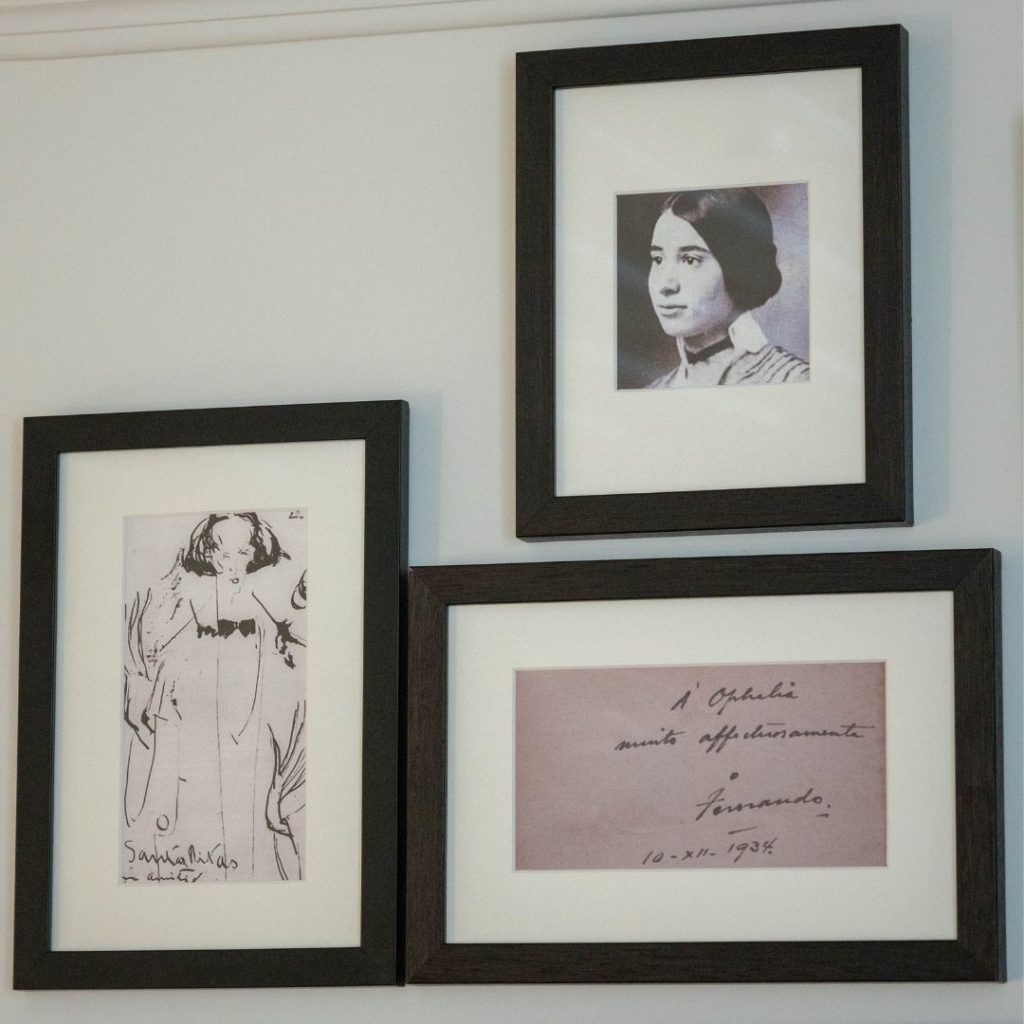
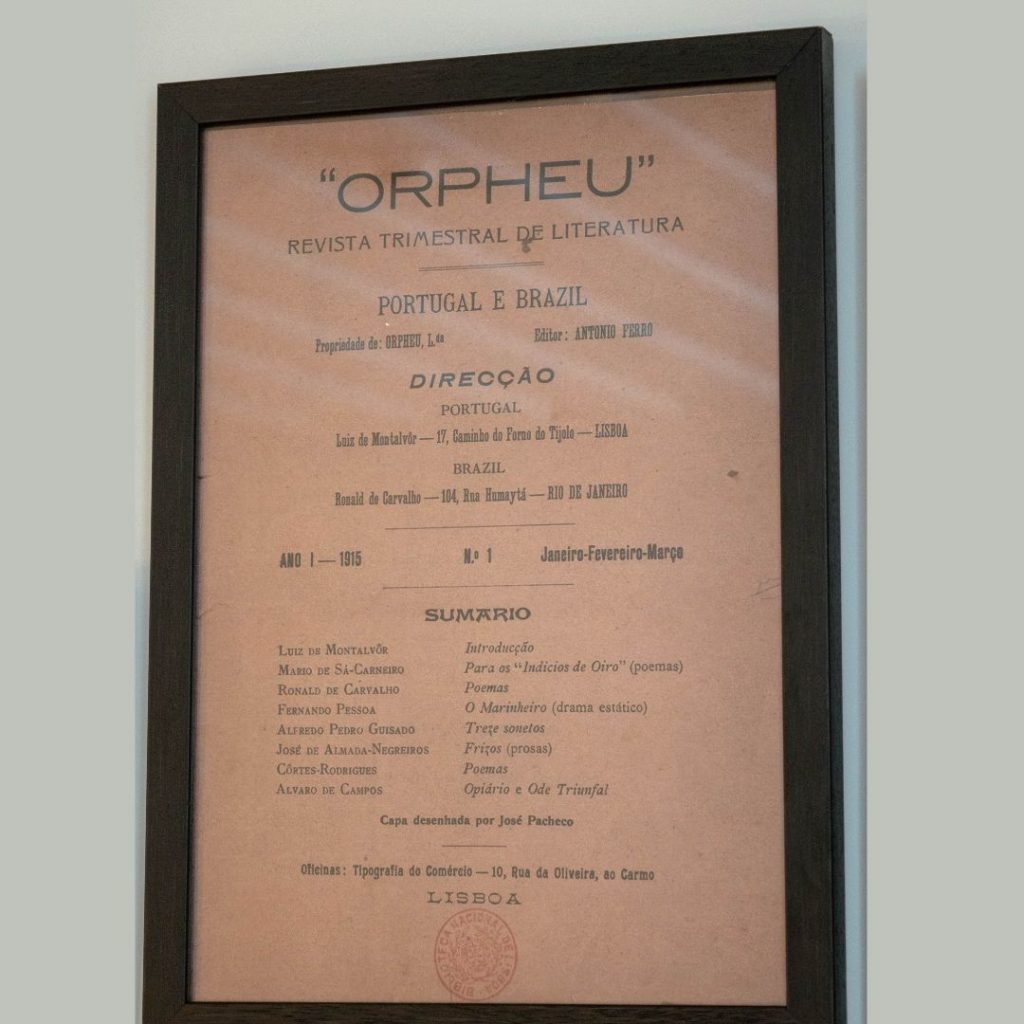

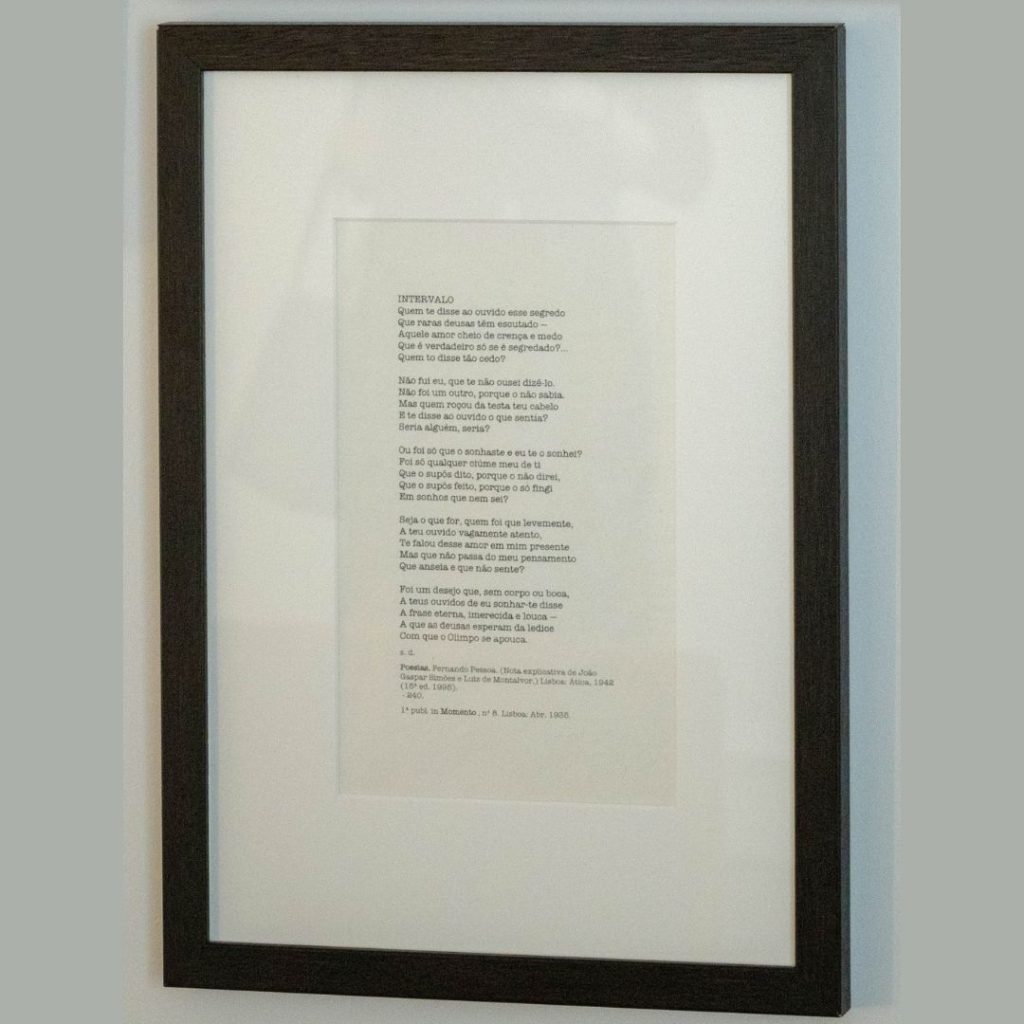
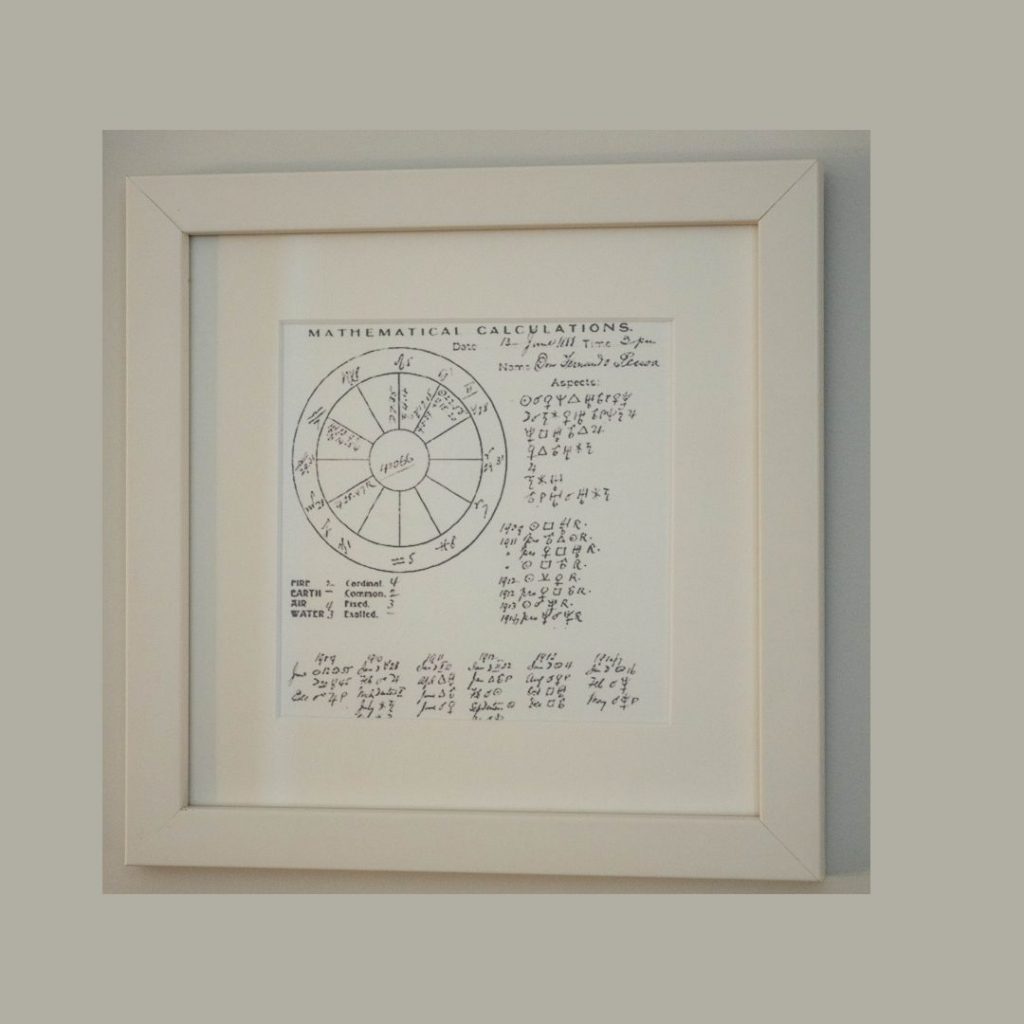
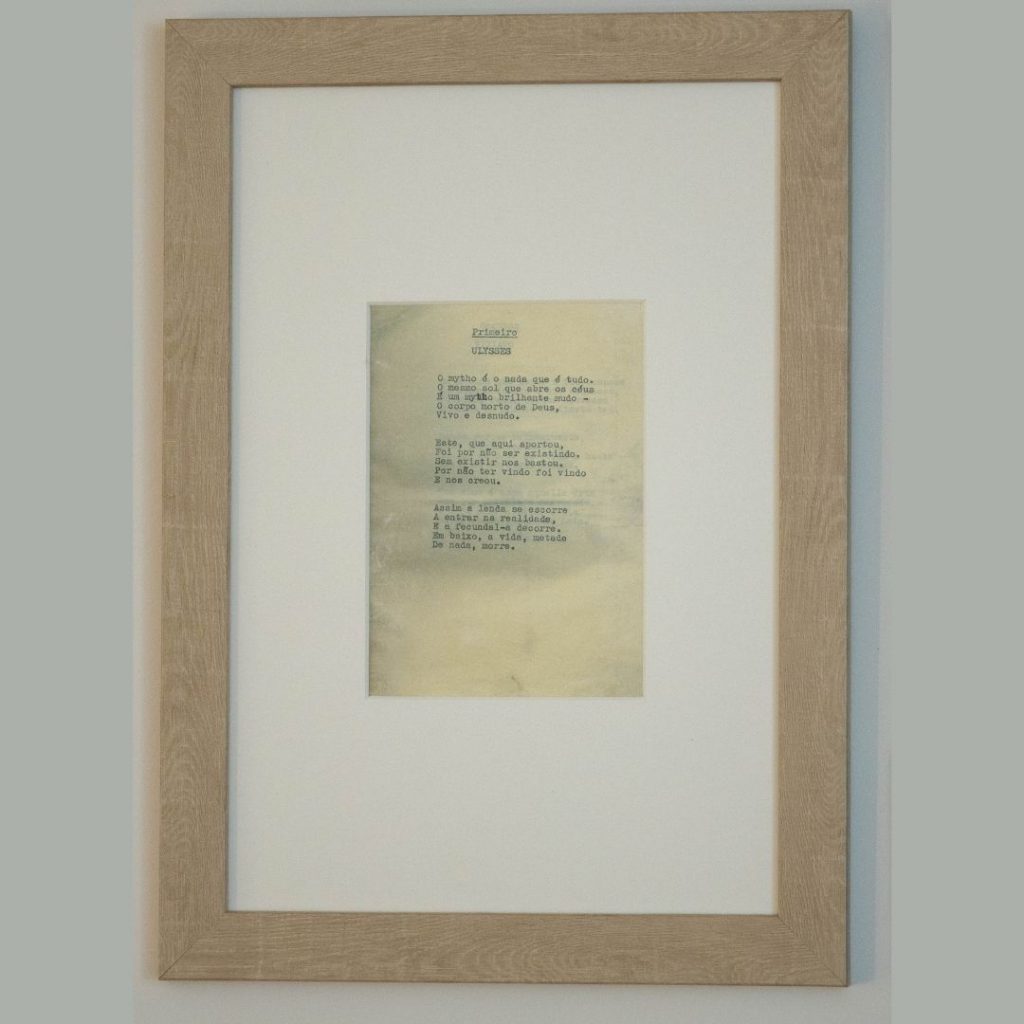
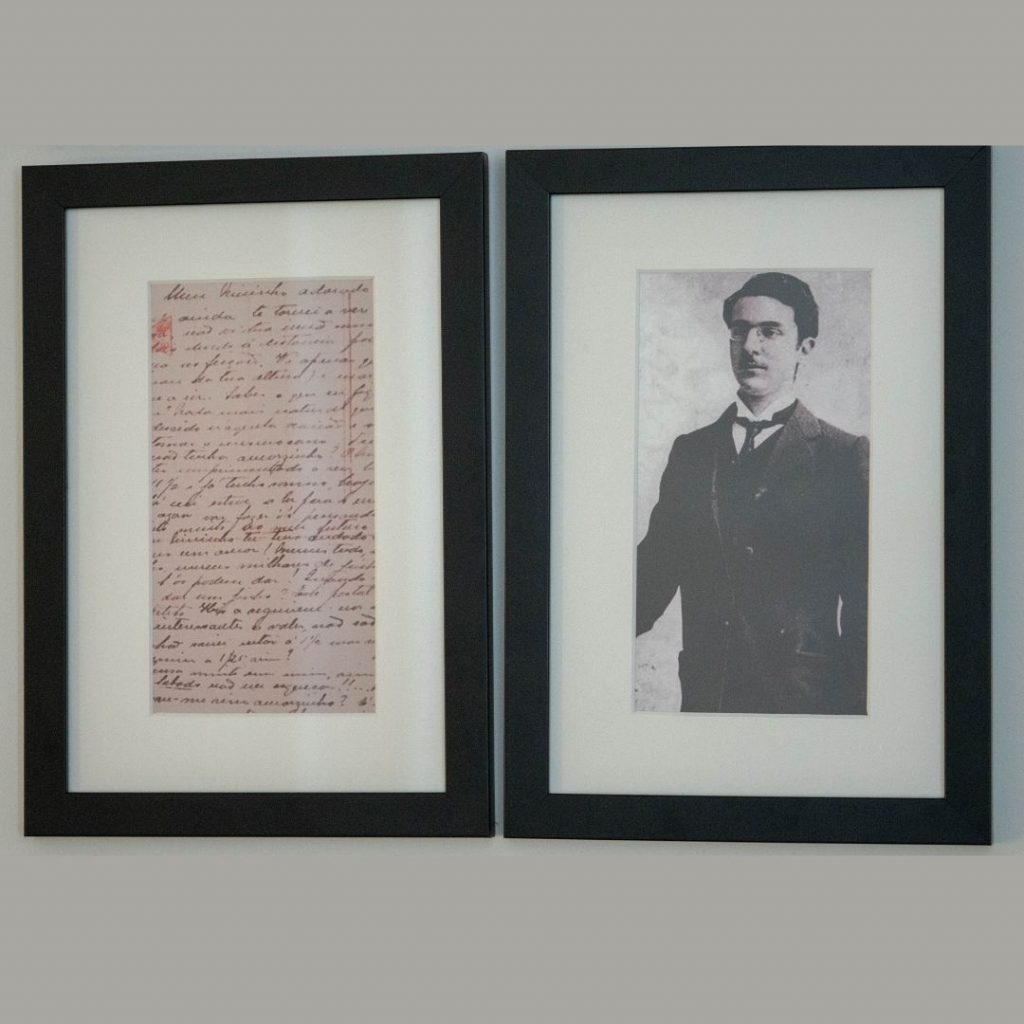

After all, who was Fernando Pessoa?
It’s difficult to say. Every heteronym and each instant for him was an “eternal novelty,” full of poetry and beauty. A beauty that also has the light and colors of Lisbon, his beloved city, sung masterfully by him. Fragmentary, contradictory, irresistable in his intricate fascination, Pessoa is the author to discover, with multiple facets.
From poetry to philosophy to literary criticism to psychology… Pessoa’s genius unsettles us for its multiplicity and leaves us with a major, fundamental question which is always open and challenging: who are we?
Fabrizio Boscaglia
_
Discover Lisbon & Pessoa from Lisboa Pessoa Hotel.


